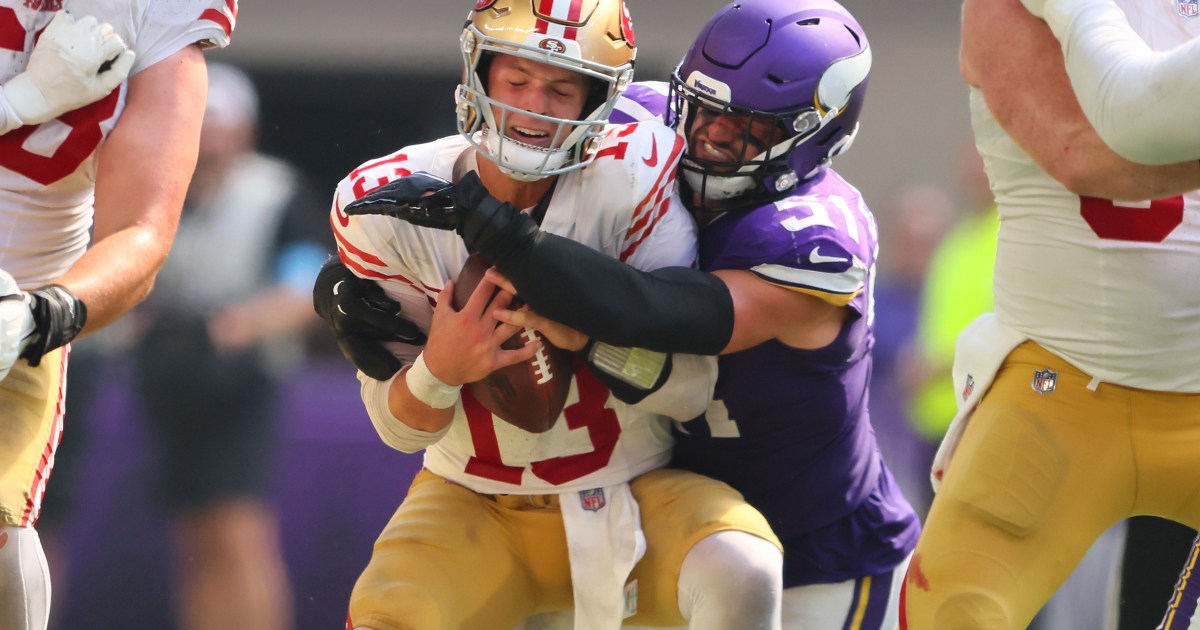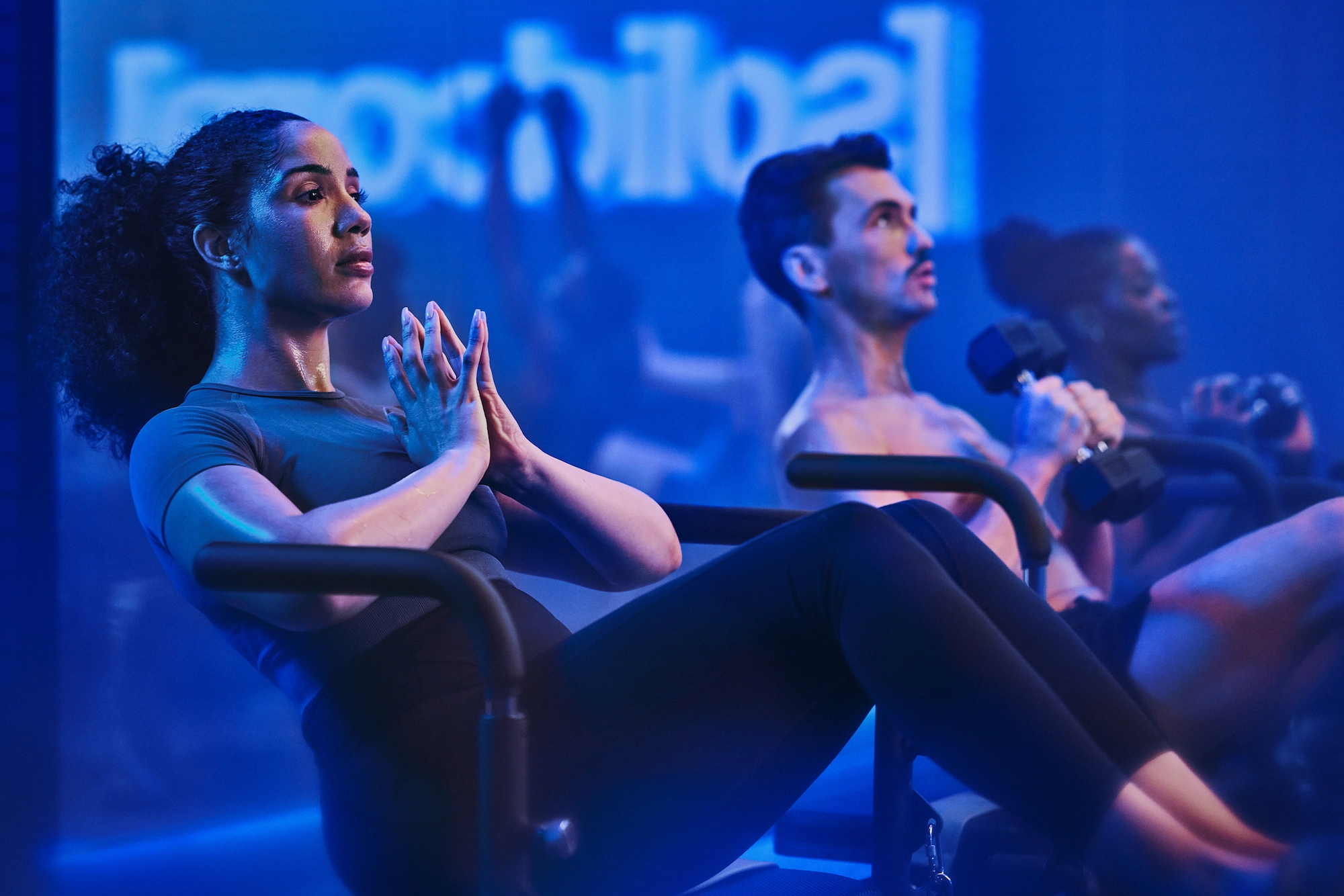Bussiness
Production Libraries Are Licensing to AI Companies. Could It Threaten Their Whole Business?

Around the time that ChatGPT was first released to the public, Alex Bestall, CEO of Rightsify, a music production library, discovered that he was sitting on a new, lucrative business opportunity. “I realized all the songs and all the metadata we have around the songs had a lot of value for AI,” he says. “It was a pretty quick and easy choice for us to license our library out.”
Hundreds of thousands — if not millions — of songs or other musical content are needed to train a competitive AI model to generate music. Though a number of AI companies believe they don’t need to pay for the music that their models train on, citing “fair use,” others have taken a more musician-friendly approach by paying artists and rights holders when using their music to train AI models.
On the surface, the AI industry seems like a perfect new customer for music production libraries — affordable, pre-cleared catalogs of songs in a variety of styles. Historically, production music has been popular among advertisers, social media creators, podcasters and low-budget film and TV producers who need music to soundtrack their creations but lack the time or money to license big-name hits, which often have multiple rights holders and hefty fees. As use cases for production music have grown, so has that sector of the publishing business. As of 2022, MIDiA Research says production music is worth about $1 billion across recorded music and publishing combined.
While many artists’ rights advocates consider licensing songs to be the “ethical” way to train an AI music model, it still poses a legitimate threat to the existing music business: “Once the [licensing transaction] is made, that model is going to end up totally competing with you for the same customers,” says Antony Demekin, CEO of Tuney, an AI music company that makes songs intended for social media creators and podcasters. “Over time this could degrade your whole business if you’re not careful about the deal you make.”
No standard contract exists for the licensing of production music for AI training. Despite the long-term risks, Bestall says he has licensed his back catalog to multiple AI companies. (Non-disclosure agreements prevent him from revealing which ones.) “Usually we license our back catalog and then we have an ongoing commitment to deliver a certain amount of music over the next two or three years of the agreement,” he says.
In the short term, these new deals between music production libraries and AI companies have actually created jobs for more human musicians. Given his new customers’ desire for more music during their deal terms, Bestall now has 24 full-time musicians — and almost 100 contractors — employed to make more music and grow Rightsify’s library, which already has over 1 million copyrights.
Lee Johnson, CEO and founder of production library Audiosparx, says AI has also allowed him to grow his business. Audiosparx is best known for licensing its catalog to train Stability AI’s Stable Audio model beginning in 2023, and Johnson says he received permission from the musicians represented in his catalog before he agreed to license their music to the AI company. Audiosparx acts as the licensor for production musicians, but unlike Bestall’s library, it does not acquire the songs in its catalog outright. “We took the deal to our artist community and about 90% of the artists opted into it,” he says. “About 10% decided to stay out of it. It was encouraging to see that much uptake because a lot of people are very passionately against [AI]. … We just felt it made more sense to have a seat on the train and ride the train to the future, rather than getting run over by [it].”
Bestall and Johnson say that, so far, partnering with AI companies has not yet affected their other business. Bestall, however, remains sober about the changes that may occur in the next few years. “I know it’s a threat to our existing business lines, but a huge opportunity for the future,” he says. “I think if people are too married to the exact business model of the past, they may struggle.” Johnson, who has pivoted Audiosparx’s business multiple times over its 20-year existence, expresses a similar view about being open to change.
Not everyone agrees. “I think this is short-term money for a long-term loss,” says Henry Phipps, an emerging film composer who previously held a full-time job writing songs for a production library. After surveying the future of AI music, he left his post to try working for an AI music start-up. Now, he’s back writing for libraries and working toward his dream of being a film/TV composer. (Phipps spoke to Billboard under the condition that his former employers’ names would be kept private.) “But you can’t blame anyone for taking the opportunity to include their music in these datasets because you’d be missing out on a short-term paycheck, and everyone else would go ahead,” he says. “It’s kind of futile to try to stop the tide. Someone will always take the deal.”
To Phipps, the way production music is made is already similar to the way AI music is prompted. “I get a brief, which feels like a prompt,” he says. “Recently, one of those prompts was for reality TV with a bunch of adjectives, and then my job is to return a piece of music. It already feels like machine work in a way.”
While “very few people aspire to be production library composers long-term,” Phipps explains, “it is a way into [the music business] — to survive, eat and pay rent and work towards projects that are more creatively fulfilling.” Phipps says working at an AI music start-up made him “more nervous” for his future opportunities as a composer for film and TV. As he sees it, AI music could augment, but not entirely replace, the compositions of blockbuster film scorers — but it might “cut off the bottom rungs of the ladder” by decreasing opportunities for young upstarts like him.
Ed Newton-Rex, former vp of audio for Stability AI and founder of non-profit Fairly Trained, which certifies AI music companies that properly license their training data, advises that “if a library wants to take a deal like this, the terms should be very well thought through.”
Particular areas of concern Newton-Rex identifies include making sure that once a deal term ends, the AI model that used it will be retired or re-trained without the library’s material. “There’s no current way to just untrain a model, but you can add clauses to control what happens after the license is over,” he says. Newton-Rex also advises libraries to be careful about licensing their data to an “open-source model” — a move he calls “totally irreversible” because it makes the model available for public use.
No matter what safeguards are written into the deal, Newton-Rex admits there is “absolutely” still risk ahead. “Musicians making production music are hugely at risk,” he says. “Ultimately, generative AI is faster, cheaper and the quality is already very good.”
Just in case, Bestall is covering his bases by launching his own AI model, Hydra II, to generate royalty-free background music for cafes, hotel lobbies and other public spaces, should his customers ever prefer AI music to his current repertoire of background library music. Still, he feels his library will always be essential: “We’re not too concerned about the possibility of AI companies saying they don’t need production music anymore. Human data is so valuable for AI.”










